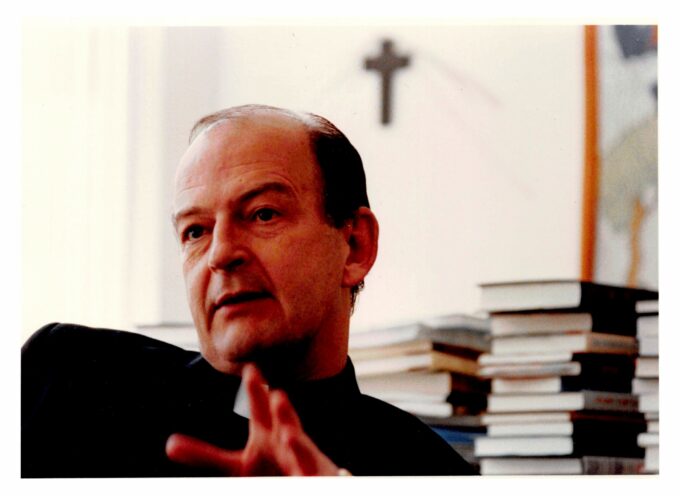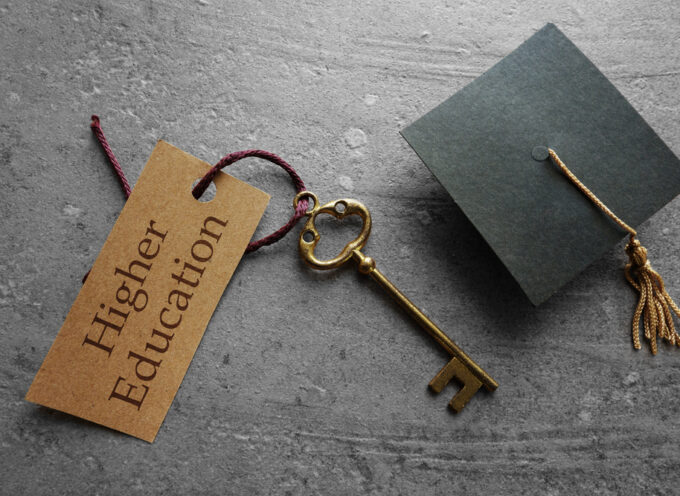We should refuse to read books. I mean it. Not all books, of course, but many of them. In particular, we should refuse to read a book merely because it appears on Amazon’s “Recommended for You,” is displayed on the front table at Barnes & Noble, or is promoted by the big wigs at your favorite club or conference.
Often a book gains attention not because of its quality but because the literary presses and marketing experts have pushed the book into your digital space. Other times, a book gains attention because it is written by one of the influencers in your social network, and the influencers in that network promote each other’s books in a mutually obsequious manner.
My point is this: it’s not always cream that rises to the top. At a dairy farm, yes. At a sewage plant, no. And it could be plausibly argued that America’s book industry looks more like the latter than the former.
In light of an overabundance of books, therefore, and in light of the marketers, thought leaders, and social circles who would choose your books for you, I offer five reasons to decline their offer:
- You’d rather read an old book. Why read a new book when you can read an old one? Not that there’s anything inherently wrong with new books. There’s not. But it is good to expand beyond the limitations of twenty-first century writing in order to read some of the classics. So, put down The Harbinger and pick up the Chronicles of Narnia. Ignore the Art of the Deal so you can pay attention to Lincoln’s Great Speeches. (You’ll find that most of the world’s best books in the world are not, ahem, written in the twenty-first century.)
- You’d rather read an important book. Why read a book whose worth is not known when you can read one that is widely considered significant? Not that there’s something inherently wrong with reading what Amazon suggests for you to read, but why not ask, “In my areas of interest, what are some of the most important books to read?” If Christianity is an area of interest, then you might perhaps let the cursor glide over the latest Osteen offering so it can come to rest upon something written by Spurgeon, Chesterton, or Lewis. If politics are an interest, you could consider “passing” on the latest retch from Franken or Coulter and spend some time reading the essays of Buckley or the biography of Reagan.
- You’d rather read a book that challenges your frame of reference. If you’ve spent your whole life reading books that confirm your pre-existing opinions, why not read some books written by people who think and experience the world differently than you do? If you’re white, read the essential speeches and writings.. If you’re black, maybe consider J.D. Vance’s Hillbilly Elegy? If you’re conservative, pick up Paul Krugman’s The Conscience of a Liberal. If you’re progressive, consider giving Yuval Levin’s The Fractured Republic a whirl. (You’ll find that this strategy will not only challenge but perhaps also confirm your initial beliefs, but from a new angle.)
- You’d rather read a book from a different genre. If you normally limit yourself to one genre, why not break bad and try out a different one? Or two? If you read mostly fiction, buy a collection of essays on social or political issues. If you read most politics, then, please—for the love of all that which is good—stop it right now; make a trip to Barnes & Noble to pick up some great works of fiction and maybe a biography or two. If you’ve never read a serious Christian book, then order a copy of Lewis’ Mere Christianity or Tim Keller’s Making Sense of God before the day is over. In fact, why not make it a resolution to read books from a number of different genres or categories each year?
- You’d rather reflect upon a book you’ve already read. If you’ve read many books, but haven’t retained what you’ve read, why not hit “pause”? Consider returning to one of the best novels you’ve already read, re-reading it to savor its goodness. Think about making a second run through that important book that addresses a big question in life, thinking through it critically so that you can absorb what is good and reject what is not good. The truly good books are worth being re-read, and you will not regret doing so.
So, don’t let your reading habits be determined by Amazon’s algorithm, the press industry’s hype, or your social network’s docile uniformity. Instead, plan to read and read with a plan. After all, the books you choose to pass over are every bit as important as the ones you pick up.
Subscribe
Never miss a post! Have all new posts delivered straight to your inbox.







